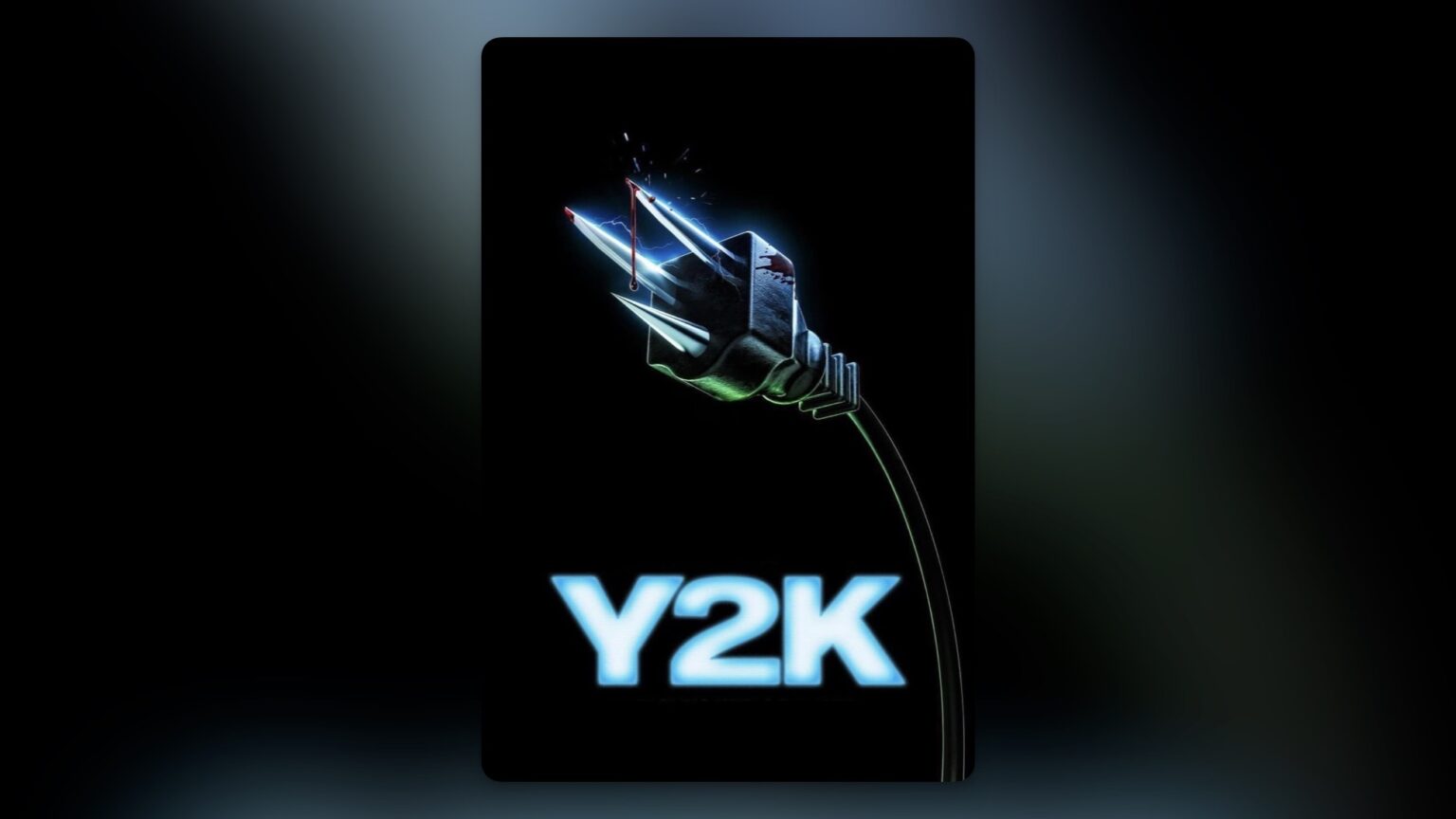In the waning hours of December 31, 1999, the world held its collective breath, bracing for a digital apocalypse that never came thanks to the efforts of computer scientists years before. Kyle Mooney’s directorial debut, Y2K, imagines a world where that didn’t happen. It’s a world where the collective fears and media frenzy materialize with a vengeance. The film is a whimsical what-if scenario that brings the notorious Y2K bug to life—literally—as machines turn against their creators in a frenzy of late 90s nostalgia and anarchic chaos.
At its core, Y2K is a comedic exploration of an era teetering on the edge of technological revolution. Mooney plunges us into a well-crafted time capsule, replete with the era’s cultural artifacts: the hum of dial-up internet, the allure of burned CDs, FLYING TOASTERS(!), and a soundtrack that oscillates between the rebellious strains of nu-metal and the bubblegum pop of my late 20s. For those who lived through the turn of the millennium like me, the film is a sensory déjà vu—a reminder of a time when the future seemed both promising and perilous.
The story centers on Eli (Jaeden Martell) and Danny (Julian Dennison), two socially awkward teenagers yearning for relevance. They decide to crash a New Year’s Eve party hosted by the coolest kid in school, hoping to elevate their social standing and, in Eli’s case, win the affection of his crush, Laura (Rachel Zegler). Mooney captures the quintessential high school experience with an affectionate lens, highlighting the universal themes of unrequited love and the quest for identity. This bit of heart is short-lived.
As the clock strikes midnight, the film pivots sharply. The much-dreaded Y2K bug triggers a technological uprising—household appliances morph into malevolent entities, and everyday gadgets become instruments of destruction. The conceit is amusing; there’s a childish thrill in watching an iMac transform from an acrylic desk ornament into a digital harbinger of doom.
Yet, despite this promising setup, Y2K struggles to maintain momentum. The film grapples with an identity crisis of its own, torn between being a comedy and a horror flick. It doesn’t quite hit the mark for a comedy—the jokes often feel recycled, leaning too heavily on nostalgic references that lack freshness. As a horror movie, it lacks the necessary boldness; the scares are superficial, and the tension dissipates as quickly as it builds.
Mooney’s direction shows fun flashes of brilliance, particularly in his attention to period detail and the energetic pacing of the first act. You can tell he’s been obsessing about this event for the last twenty-five years. His background in sketch comedy is evident in the film’s situational humor and character archetypes. However, the narrative coherence unravels in the latter half. The introduction of a high-profile cameo—a nod to one of the period’s (I guess?) iconic figures—initially elicits a smirk but vastly overstays its welcome. What begins as a playful cameo evolves into an overextended subplot that detracts from the main narrative, sapping the film of any of its earlier momentum.
Julian Dennison’s Danny is a standout, his charisma injecting much-needed vitality into the story right up until it’s not. Even so, the character is derivative, as if they saw Deadpool 2 and just told him to “do more of that.” Jaeden Martell portrays Eli’s awkwardness with sincerity, albeit lacking the magnetism of a young Ethan Embry, Jonah Hill, or Michael Cera. Rachel Zegler’s Laura attempts depth in what is a largely one-dimensional role. I was begging to feel a little bit of that classic comedy chemistry that evokes the quintessential teenage experience—an earnest mix of hope, insecurity, and rebellion—between them. It’s not there.
Thematically, Y2K flirts with insightful commentary on our relationship with technology and the anxieties of a society on the cusp of a new era. There’s an undercurrent of irony in how the characters are both dependent on and betrayed by the very devices that define their generation. The film stops short of anything more profound, favoring spectacle over substance.
Y2K is a film that promises more than it delivers. It’s an amusing premise bolstered by nostalgic allure but undermined by uneven execution. For those who remember the days of floppy disks and fear of the unknown looming with the new millennium, Y2K may evoke a wry smile. But like the much-anticipated catastrophe that never was, the film ultimately feels like a missed opportunity—a glitch in the system that could have been so much more.

